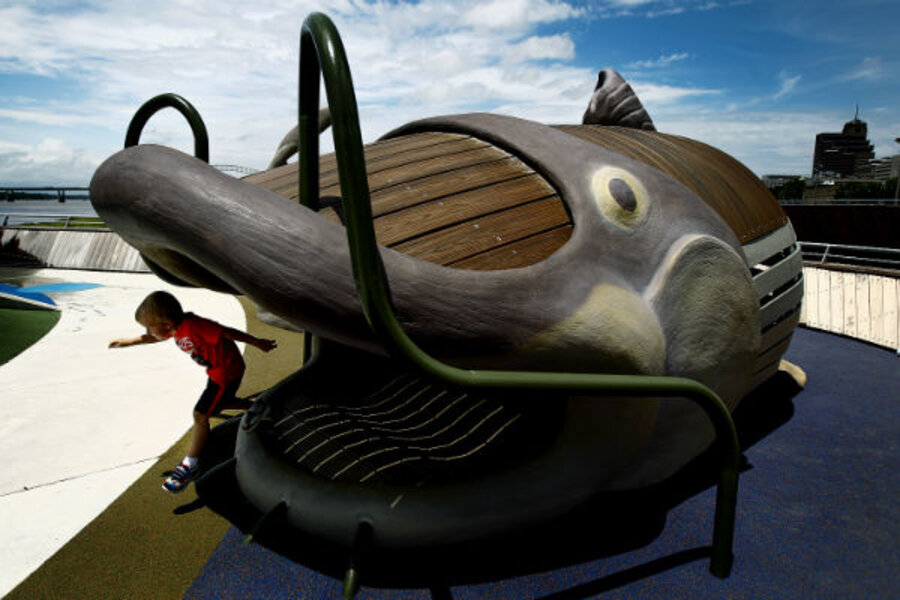This idea of course comes with the qualifier “within reason” as it undoubtedly comes with training wheels attached for many parents. A recent article in The Economist titled “Relax, your kids will be fine" points out that working mothers today spend more time with their kids than stay-at-home moms in the 1960s. While this statistic alludes to the benefits of more parents enjoying time with their kids, it also points to the weakness of many parents who linger nearby their kids more than they need, potentially stunting a child's natural curiosity and sense of risk that teaches them risk-management and self-reliance.
The author states, “Children learn how to handle risks by taking a few, such as climbing trees or taking the train, even if that means scraped knees and seeing the occasional weirdo. Freedom is exhilarating. It also fosters self-reliance.”
When it comes to fears about child abductions, many free-play advocates agree that the occurrence of abductions by strangers, while tragic, are still rare. As news coverage of child abductions (and Amber Alerts) hits round-the-clock online and cable news, it has the ability to make such crimes seem more common, thus leading parents and others to ratchet up safety measures for kids.
However, even as kids today are safer in many ways than their parents and grandparents, the Economist article points out that "barely 10%" of kids ride their bikes to school, due in large part to parents who are nervous that they will be abducted. And, in most cases, child abductions happen between family members – for example a parent upset about not gaining custody in a divorce – as opposed to an unknown perpetrator targeting children. The rise in divorce rates since the 1970s contributed to that statistic, and in that way the world has changed, but it's argued that kids still need to learn the importance of interacting with the world around them without a parent dictating their every move.








